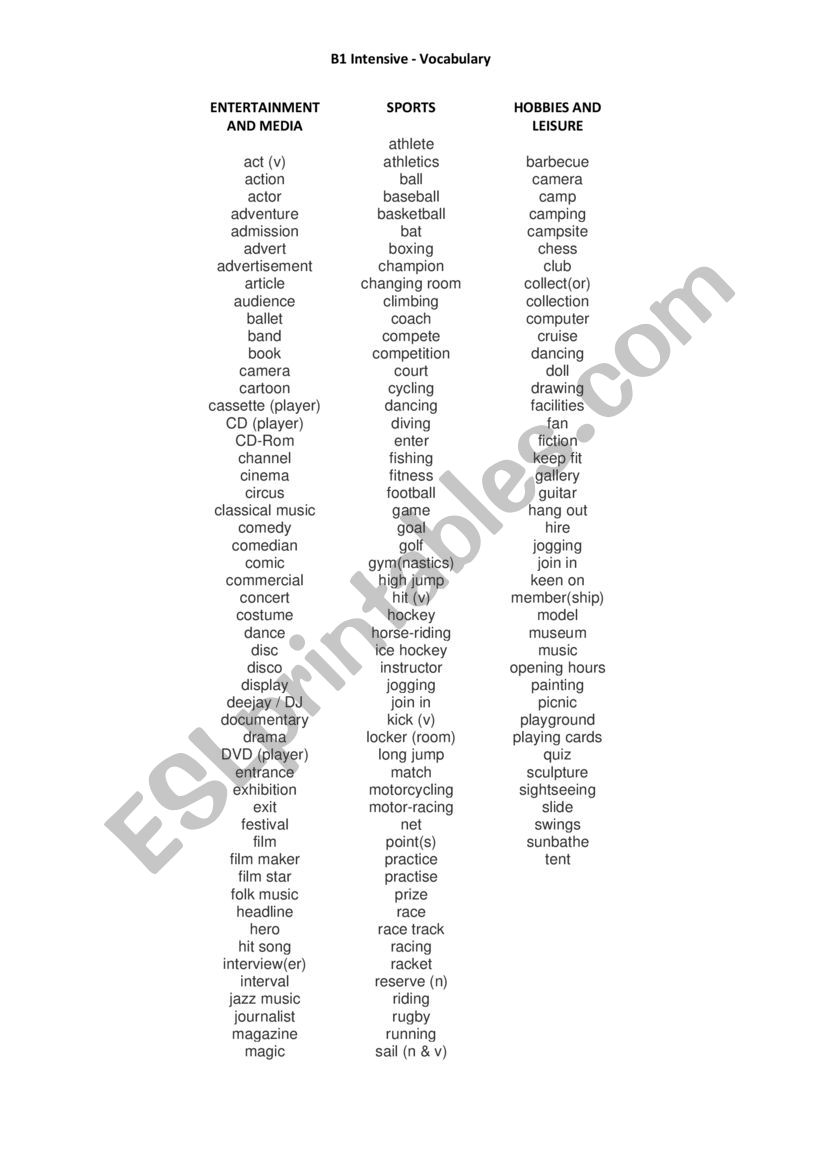

Notable fields of French influence Feudalism

The cultural influence of France remained strong in the following centuries and from the Renaissance onward borrowings were mainly made from Parisian French, which became the de facto standard language of France. With the English claim to the throne of France, the influence of the language in use at the royal court of France in Paris increased. Consider, for example, some of the most common words in English: able, car, chair, city, country, different, fine, fruit, journey, juice, just, part, people, person, place, real, stay, table, travel, use, very, and wait.Īfter the rise of Henry Plantagenet to the throne of England, other forms of dialectal French may have gained in influence to the detriment of Anglo-Norman French (notably the variants of Anjou where the House of Plantagenet came from, and possibly Poitevin, the tongue of Eleanor of Aquitaine).

This may not, however, be the case for all English words of French origin. liberty/ freedom, justice/ fairness), and are therefore of less frequent use in everyday language. Words of French origin often refer to more abstract or elaborate notions than their Anglo-Saxon equivalents (e.g. Consider for example the words for the meats eaten by the Anglo-Norman nobility and the corresponding animals raised by the Anglo-Saxon peasants: beef/ ox, mutton/ sheep, veal/ calf, pork/ pig, or pairs of words pertaining to different registers of language: commence/ start, commerce/ trade, continue/ go on, depart/ leave, disengage/ withdraw, encounter/ meet, maintain/ uphold, marry/ wed, menace/ threat, purchase/ buy, revenue/ income, vend/ sell. The majority of the population of England continued to use their Anglo-Saxon language, but it was influenced by the language of the ruling elite, resulting in doublets. As a result, Old French became the language of culture and the administration, evolving into Anglo-Norman French. William the Conqueror invaded the British Isles, distributing lands and property to Norman, Breton, Flemish, and French soldiers. Most of the French vocabulary now appearing in English was imported over the centuries following the Norman Conquest of 1066, when England came under the administration of Norman-speaking peoples. 2.9 Aviation and automobile engineering.Conversely, as Latin gave many derivatives to both the English and the French languages, ascertaining that a given Latinate derivative did not come to the English language via French can be difficult in a few cases. Since English is of Germanic origin, words that have entered English from the Germanic elements in French might not strike the eye as distinctively from French. This list also excludes words that come from French but were introduced into the English language via a language other than French, which include commodore, domineer, filibuster, ketone, loggia, lotto, mariachi, monsignor, oboe, paella, panzer, picayune, ranch, vendue, and veneer.Īlthough French is derived mainly from Latin (which accounts for about 60% of English vocabulary either directly or via a Romance language), it also includes words from Gaulish and Germanic languages (especially Old Frankish). It also excludes both combinations of words of French origin with words whose origin is a language other than French - e.g., ice cream, sunray, jellyfish, killjoy, lifeguard, and passageway- and English-made combinations of words of French origin - e.g., grapefruit ( grape + fruit), layperson ( lay + person), mailorder, magpie, marketplace, surrender, petticoat, and straitjacket. This suggests that 80,000 words should appear in this list this list, however, only includes words imported directly from French, such as both joy and joyous, and does not include derivatives formed in English of words borrowed from French, including joyful, joyfulness, partisanship, and parenthood. According to different sources, 45% of all English words have a French origin. Latin (including words used only in scientific, medical or legal contexts): ~29%Ī great number of words of French origin have entered the English language to the extent that many Latin words have come to the English language. The percentage of modern English words derived from each language group are as follows:


 0 kommentar(er)
0 kommentar(er)
